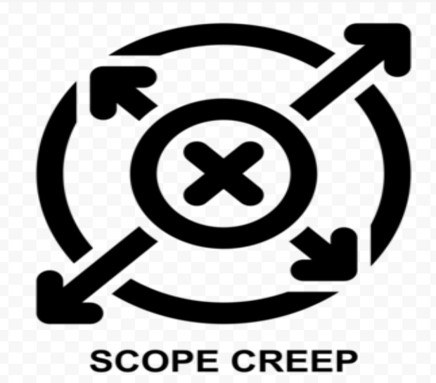I’m sure many of you, as project managers, have encountered scope creep at some point in your career. Whether it’s due to new features being introduced, changing requirements, or stakeholder interference, it’s a challenge we all face. I wanted to share my thoughts on strategies for recovering from scope creep and getting a project back on track. I hope it helps.
Assess Current State & Identify Scope Changes – Document all deviations from original project scope, i.e. added new features, tasks, or requirements. Evaluate Impact- how these changes have affected timelines, budgets, & resource allocation. Engage Stakeholders & all relevant folks to gain a clear understanding of how this project has deviated from initial goals
Revisit Original Project Plan – Compare with current state of project with its original objectives to identify misalignments – Clarify Deliverables – Reestablish what this project is intended to deliver, emphasize key priorities – Reiterate agreed-upon scope to all stakeholders
Categorize Changes – Re-Scope & Reprioritize – Distinguish between essential changes that align with project goals & non-essential ‘additions’ i.e. Focus on high-value deliverables & defer/eliminate low-priority items. – Adjust project scope to align with available resources – Align resources with the revised project plan to ensure critical tasks are prioritized
Communicate Transparently – Clearly explain consequences of scope creep the steps needed to recover. Ensure that your team understands revised priorities & expectations – Seek & Gain approval for any adjustments to budget or timeline necessitated by scope changes
Reinforce & Implement Change Control Process i.e., Require formal Docs & approval for any future scope changes – Develop a standardized process to assess necessity and impact of proposed changes to detect and address deviations early
Evangelize a Post-Recovery Review – i.e. Root Cause Analysis to identify & prevent recurrence – Document & publish everything including lessons learned on team’s wiki pages

